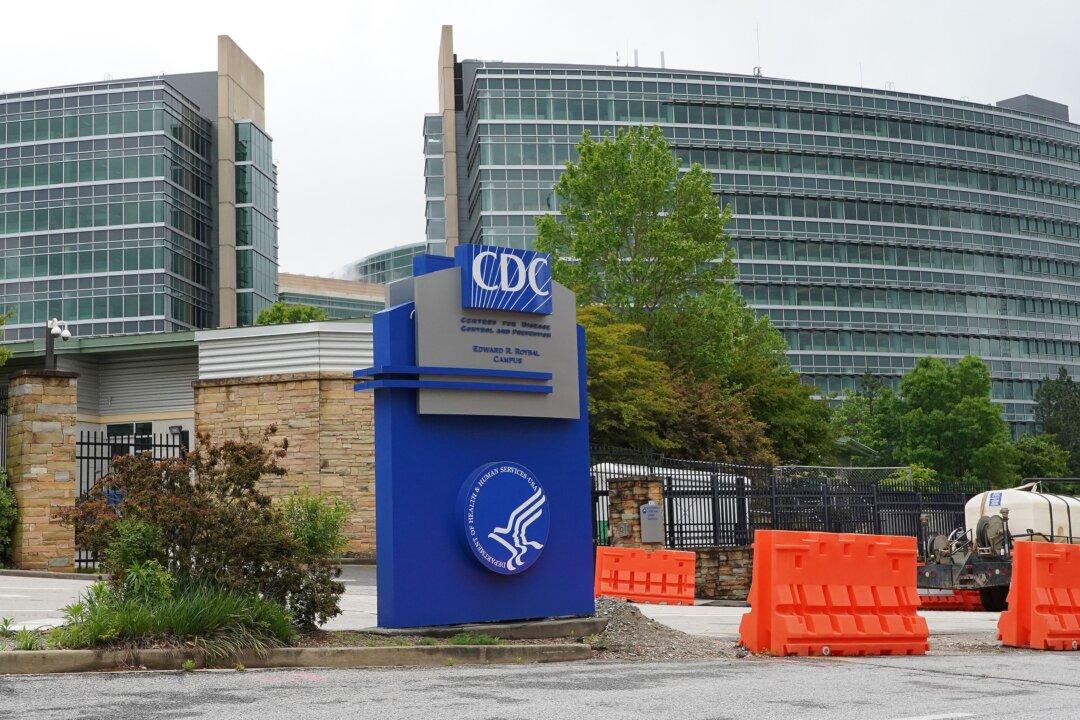Post-infection immunity is superior to protection from COVID-19 vaccines, according to a new study from U.S. Centers for Disease Control and Prevention (CDC) researchers.
Natural immunity, or postinfection immunity, provided 76 percent protection against COVID-19-associated hospitalizations while Omicron was the dominant virus strain in the country, the researchers found. A primary series of the Moderna or Pfizer vaccine, in people without a prior infection, provided just 39 percent protection.





